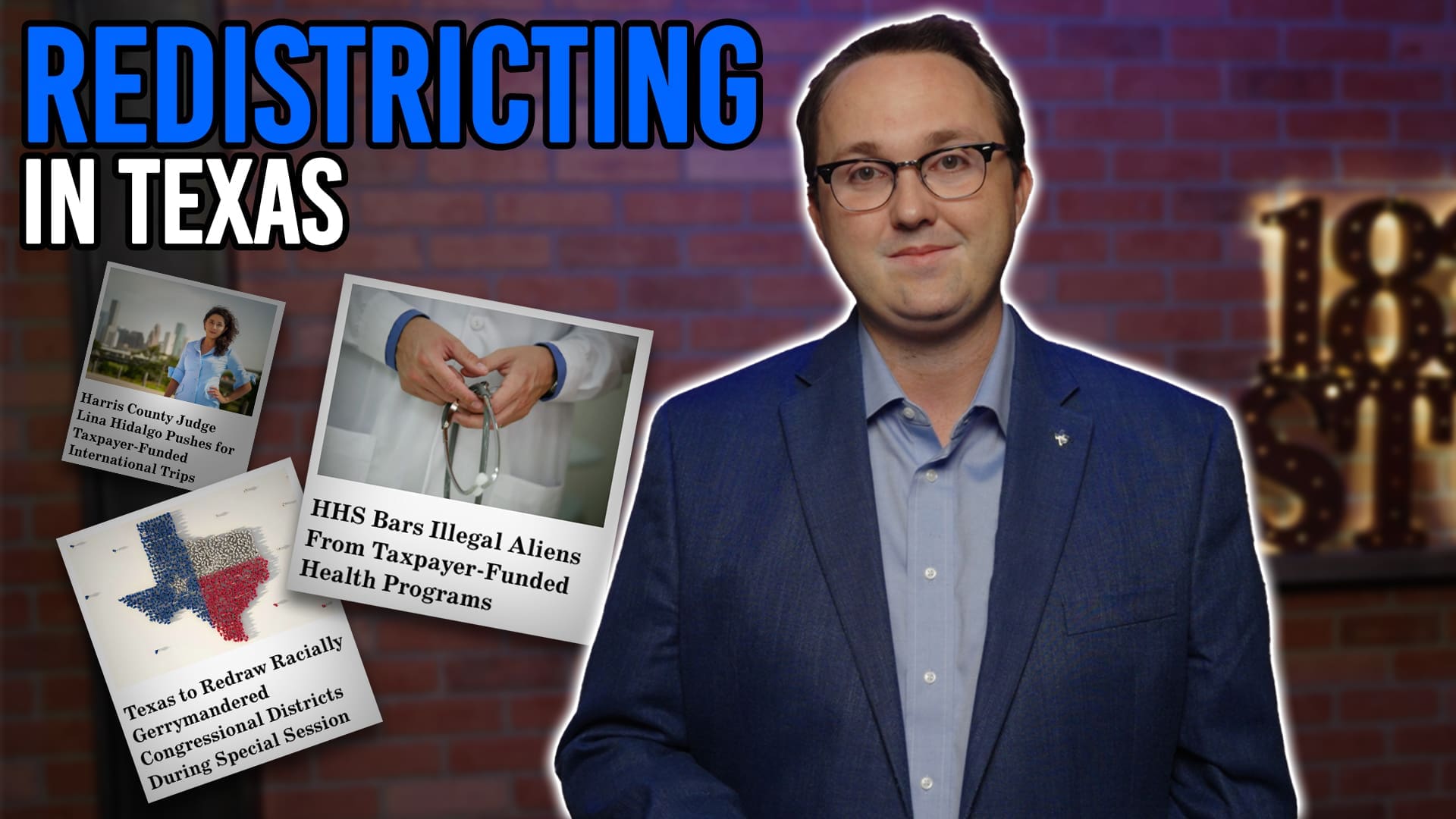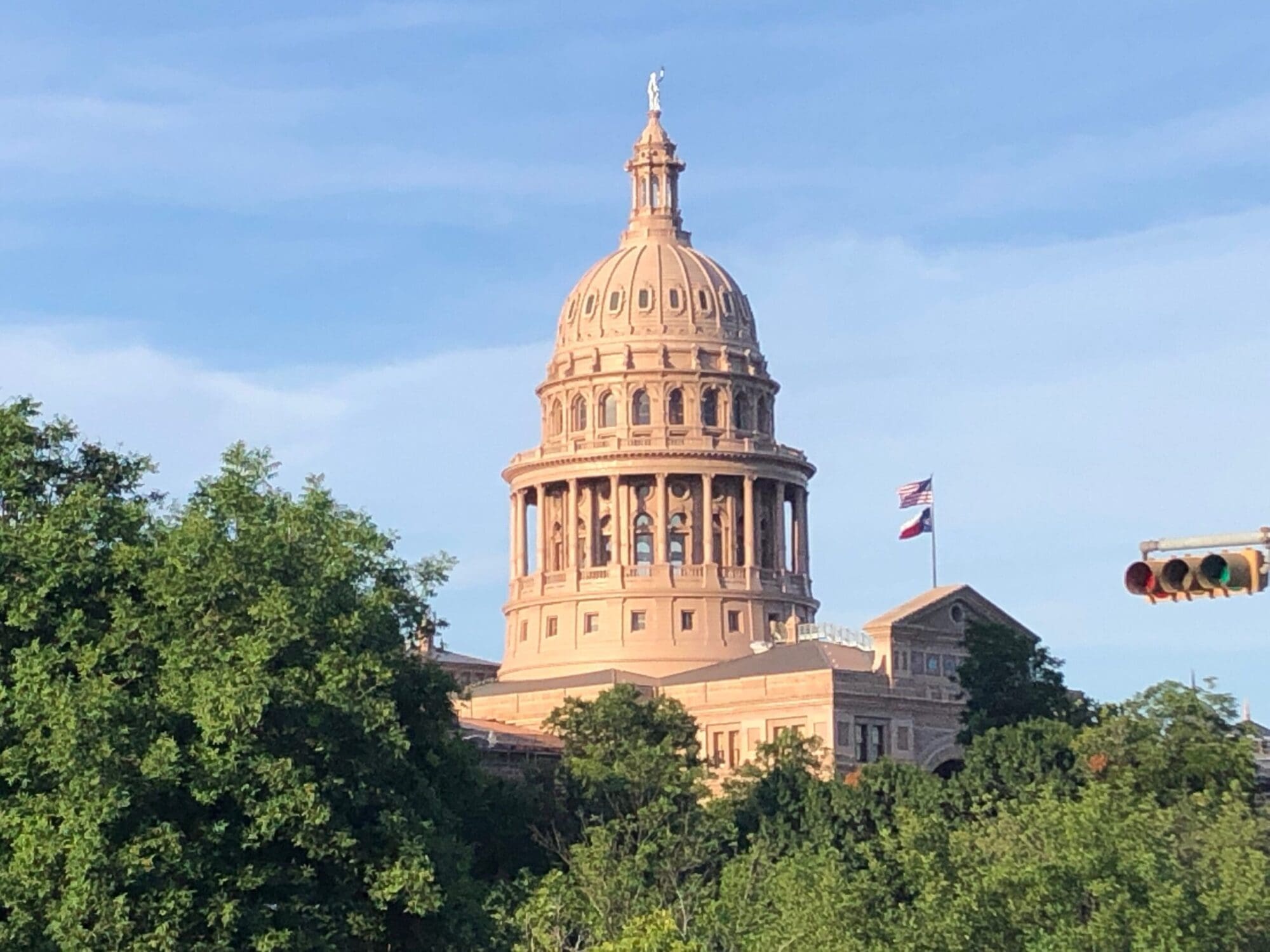After a Travis County district judge declared a new law reining in local regulations unconstitutional, the Office of the Texas Attorney General has filed an appeal. Lawyers familiar with the case expect it to ultimately reach the Texas Supreme Court.
House Bill 2127 by State Rep. Dustin Burrows (R–Lubbock) is also known as the Texas Regulatory Consistency Act. The law attempts to provide consistency by returning sovereign regulatory powers to the state in light of the patchwork of local regulations in place across Texas. It works by declaring local ordinances that are inconsistent with state law invalid.
On Wednesday, District Judge Maya Guerra Gamble declared House Bill 2127—which will go into effect Friday—unconstitutional.
Gamble’s ruling focused on the new law’s vagueness, citing that due to an “absence of a severability clause, no provision can be given effect without the invalid provisions and application.” Additionally, Gamble denied the state’s motion to dismiss the case for lack of jurisdiction.
After Gamble released her decision for declaratory relief, Houston Mayor Sylvester Turner issued a statement saying he was thrilled with the court’s ruling.
“HB 2127 was a power grab by the Legislature and an unwarranted and unconstitutional intrusion into local power granted to Houston and other home-rule cities by the Texas Constitution,” said Turner. “The Governor’s and Legislature’s ongoing war on such home-rule cities hurts the State and its economy, discourages new transplants from other states, and thwarts the will of Texas voters who endowed these cities in the Texas Constitution with full rights to self-government and local innovation. This self-defeating war on cities needs to end.”
However, while the cities of Houston, El Paso, and San Antonio —which filed the lawsuit — are claiming a temporary victory in what they call a “war on cities,” the OAG says the fight will continue.
“While the judge declared HB 2127 unconstitutional, she did not enjoin enforcement of the law by Texans who are harmed by local ordinances, which HB 2127 preempts,” Paige Willey, director of communications for the OAG told Texas Scorecard. “The Office of the Attorney General has also immediately appealed because the ruling is incorrect. This will stay the effect of the court’s declaration pending appeal. As a result, HB 2127 will go into effect on September 1.”
According to central Texas attorney Tony McDonald, this analysis is correct. “Gamble’s ruling will exist only as persuasive authority for other courts until it is reviewed by the Austin Court of Appeals and is likely reviewed, ultimately, by the Texas Supreme Court,” said McDonald. “Only the Texas Supreme Court can give final approval to a decision binding courts across the state.”
The appeal will be heard in the Third District Court of Appeals in Austin, Texas.
No ads. No paywalls. No government grants. No corporate masters.
Just real news for real Texans.
Support Texas Scorecard to keep it that way!





